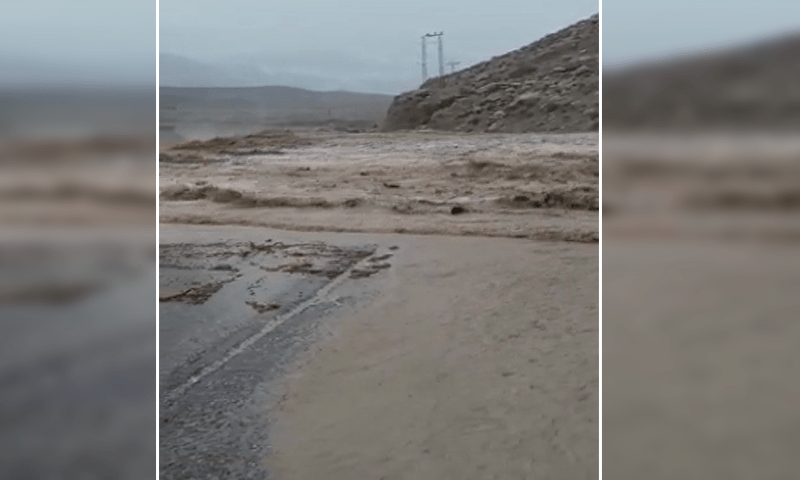Story behind an army that raped their own country's women | Pakistan Army
On the night of July 25, 1971, Pakistan Army men unleashed an orgy of violence on Sohagpur – a village in Bangladesh’s Sherpur – and killed its peace. They massacred 164 men and raped 57 women – with the aid of local collaborators -as part of their war strategy to exterminate the Bengalis.
Today, over 50 women in Sohagpur village are a living testimony to the most calculated and cruelest genocide set in motion by the occupation army of Pakistan.
For the last 51 years, the village has existed as a ‘Bidhoba Polli’ (village of widows) as the husbands of the women staying there were gunned down by the Pakistan military personnel, who were ordered by their commanders to wipe out the Bengali race.
Life was rolling by peacefully in Sohagpur until the Pakistan Armymen carried out their savagery – raining down bombs and bullets on the villagers on that fateful night.
They not just murdered 164 men, but also raped women, whose screams of help were muted by brutal force.
The widows went on to endure the trauma with horror stories sealed in their hearts which were finally unlocked in 2014 when the International Crimes Tribunal heard them and awarded death sentence to one of the perpetrators of the crimes against them. The ruling Awami League (AL) set up the tribunal as part of their electoral pledge to try war criminals.
One of the women, who wished not to be named, shared a horrific account before the court about how her husband was brutally murdered and she ruthlessly violated.
Jalal, an eyewitness, also narrated how he fled for his life. When he returned home after the violence, he saw the lifeless bodies of 11 people, including his father, lying there. Breaking down while recounting the incident, he demanded capital punishment for the killers of his father and relatives.
A plaque of 69 “martyrs” stands beside the mass graveyard as a shocking reminder to the biggest post-Holocaust genocide of the world perpetrated by the Pakistan Army in Bangladesh.
The Pakistan Army was assisted by local collaborators in committing the crime. And one among them was Kamaruzzaman, a leader of the controversial Islamist Party Jamaat. Despite their unholy nexus with the attackers, they enjoyed impunity for around four decades after the country became independent.
And the reason behind impunity enjoyed by such war criminals unfolds another tale of betrayal.
Within four years into the country’s independence, the architect of Independence, Sheikh Mujibur Rahman, along with 19 of his family members, was assassinated on August 15, 1975, due to a bigger international conspiracy.
Afterwards, all subsequent governments paid little heed to the country’s blood-soaked Liberation War values.
Gen Ziaur Rahman, the country’s first military dictator, came up with efforts to help these war criminals wield their grip on the country’s political landscape.
Even under his watch, secularism, a key pillar behind country’s struggle for Independence, had been put on a back burner, which, perhaps, was the biggest boost for hundreds of war criminals like Kamaruzzaman. And the formation of Bangladesh Nationalist Party (BNP) was a major move by the General to solidify his hold on power.
Under Zia, Pakistan seemed to be happier and stepped up its campaign to justify their war crimes through a friendly regime in Dhaka, says noted researched Ajoy Das Gupta.
The country’s second military dictator, General HM Ershad, who succeeded Zia, was also no exception. Rather, he oversaw installation of Islam as the state religion, a big milestone for the Jamaat-e-Islami.
Later, as Gen Zia’s widow took over reins with BNP’s return to power, the bonhomie with Jamaat gained an unprecedented impetus.
Building on the legacy of her late husband, Begum Zia and her son Tarique Rahman, who is leading a fugitive life in the UK now, further emboldened Jamaat in the country. During the second regime led by Begum Zia and Rahman, Kamaruzzaman’s party colleagues were made ministers also.
The party of war criminals – Jamaat -- even formed the government as an ally of BNP. However, the return of AL chief Sheikh Hasina to power in 2009 changed the course for good.
Buoyed by an overwhelming public mandate, her government finally oversaw formation of war crimes tribunal, a respite for war victim families. The International Crimes Tribunal was aimed to bring to book the ones who had committed crimes against humanity in 1971.


Comments
Post a Comment